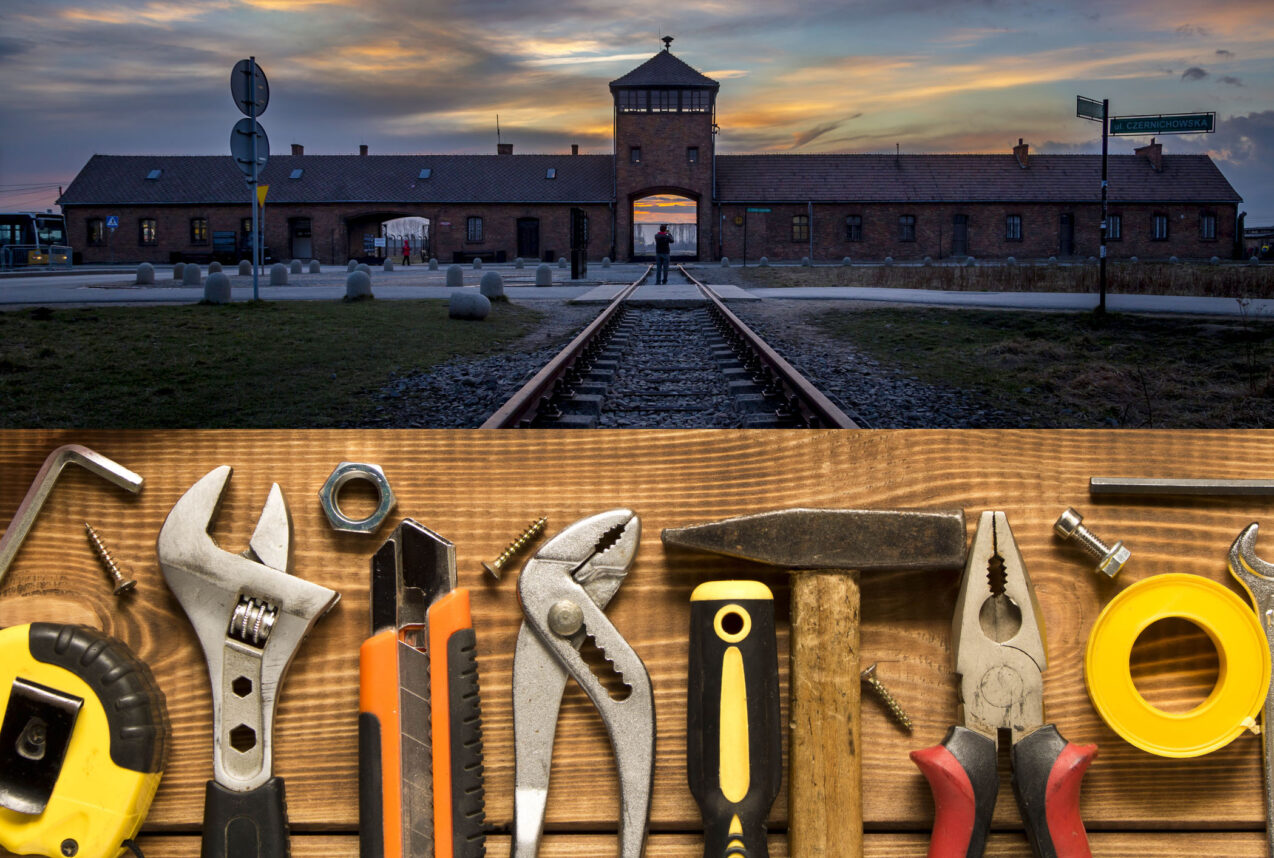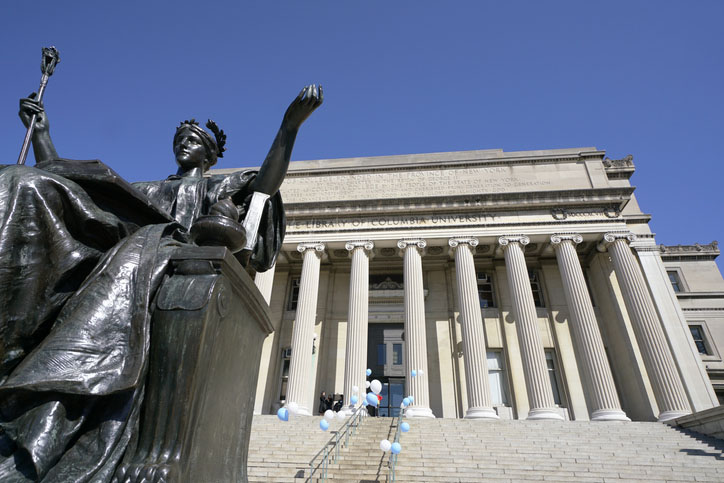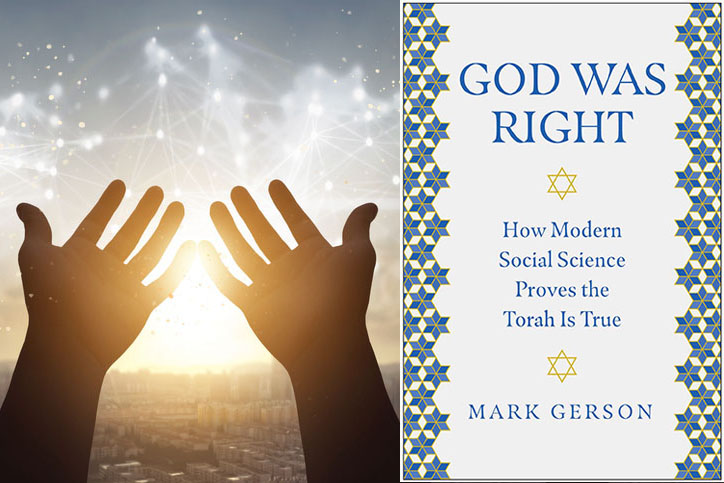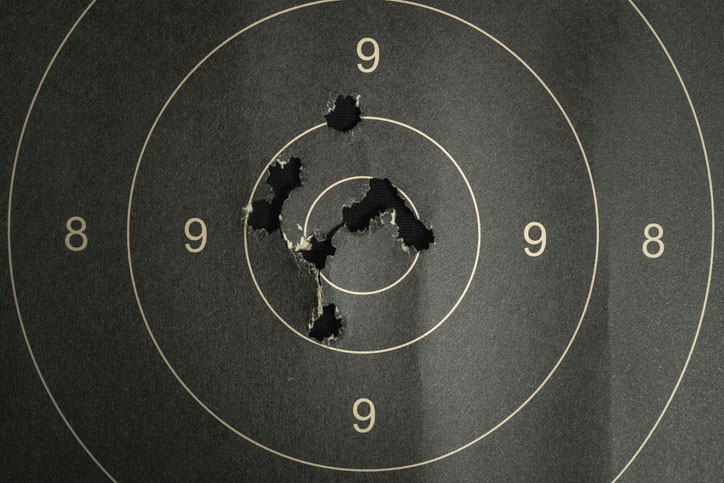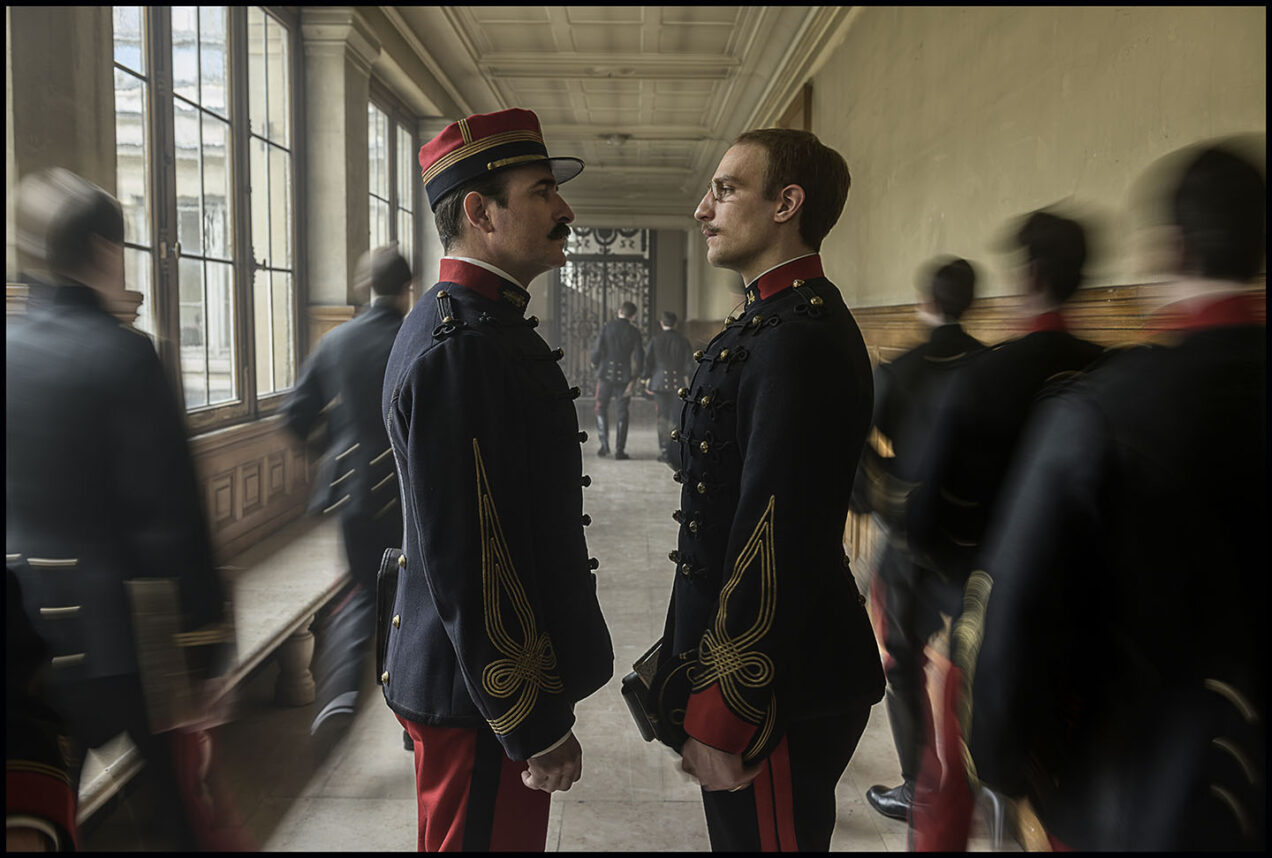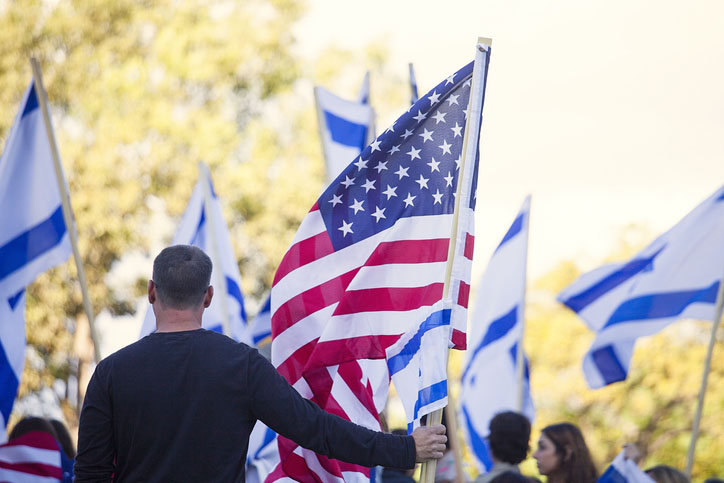
The Greater Part of Valor
Thoughts on Torah Portion Shelach Lekha 2023 (adapted from previous versions)
All Ohr HaTorah regulars know about my little bit of a trick question: “How long did it take the Israelites to get from Mt. Sinai to the land of Canaan?” The uninitiated almost always say, “Forty years.” This incorrect answer is based on a mistranslation of Numbers 14:33.
Here is the story. In last week’s Torah portion, we learned that the Israelites left Mt. Sinai on the 20th day of the second month (20 Iyyar was May 11th this year). We are told in this week’s Torah portion that the Israelites arrived at the borders of Canaan at the first harvest of the grapes – early summer. The journey from Mt. Sinai to the borders of Canaan, therefore, took six to eight weeks.
Once the Israelites arrived at the borders of Canaan, 12 spies were sent to scout the land. After their 40-day mission, the spies returned with conflicting reports. Ten of the 12 advised against going into Canaan. They shared their reasoning: The enemy was too great, the land too poor, and Egyptian slavery, upon careful reflection, was actually not all that bad. These 10 tribal leaders rooted for going back to Egypt. Two of the 12, Caleb and Joshua, favored staying on task.
The rest of the Israelites, by and large, followed those 10 errant tribal leaders. A dread of going into Canaan, into warfare, developed. The dread turned into rebellion. The panicked Israelites sought to kill Moses and Aaron and head back to the land of slavery. These 10 tribal leader demagogues and those who fell under their sway did not realize that going back to Egypt was not only unadvisable, but actually not an option. They all found out the hard way that there was no going back.
The punishment for the rebellion? In Numbers 14:33 we are told, “Your children (i.e., of the rebellious generation) shall be shepherds in the desert for 40 years, and they shall bear (the guilt of) your straying, until the last of your carcasses (fall) in the desert.” Hard stuff. The children of that generation who rebelled would not enter the land until the last of their parent mutineers had died.
Where did this rebellion happen? On the borders of the land of Canaan, about six weeks after the people had left Mt. Sinai.
Where did the “40-year wandering” misconception come from? Many Bibles mistranslate Numbers 14:33, and render “desert shepherds” (ro’im bamidbar) as “desert wanderers.” I can find no Bible dictionary that translates ro’eh as “wanderer” – the word simply means “shepherd.” This mistake goes back to the King James translation, and continues from there on.
Aside from this being a great trivia question, what is the lesson of all this?
Very simple: we were not in the desert for 40 years because we lacked geographical directions; we were in the desert for 40 years because we lacked inner direction. We lacked courage.
This idea, “courage,” is a tough one. Aristotle would say courage is the golden mean that falls somewhere between recklessness and timidity. Valor with discretion, one might say. I happen to like the saying, “the better part of valor is discretion” (“discretion” meaning “using discernment to determine a course of action”) spoken by the character Sir John Falstaff in Act 5, Scene 4 of Shakespeare’s Henry the 4th, Part One. As with many of Shakespeare’s most famous sayings, the line is written in great irony. The corrupt and dishonest John Falstaff (“false staff”) has acted with great cowardice in the play, and then justifies his cowardice with this often quoted saying. The character tells the audience, “I’m no coward; I was just using discretion.” The audience guffaws.
Does the fact that Shakespeare’s cowardly and duplicitous character Falstaff says “the better part of valor is discretion” diminish its truth? To think so commits what is called the “genetic fallacy,” the concept that the worth of an idea depends on who said it. (This fallacy is discussed in Morris Cohen and Ernest Nagel’s book, Logic and the Scientific Method (1934).) It is fallacious to doubt the validity of the idea that “the better part of valor is discretion” just because Shakespeare put these words in the mouth of a notable scoundrel. I trust the profound wisdom of Shakespeare enough to at least pause a moment.
Acting with valor at a given moment can be foolhardy; the risk can be great and the benefit minimal.
On the other hand, as I have counseled people through the years, I have heard vast and complex presentations of discretion, the whole point of which was to avoid being courageous. I much prefer a person who can say, “I have a completely irrational fear of doing that” as opposed to the person who rationalizes away their fear as being the virtue of discretion.
Much of the time, courage is an instinct to act, to do the righteous thing despite great risk, even if just risking the disapproval of others. For other people, courage is not an instinct act, but is discovered through a careful process of thought, where one weighs all of the alternatives and arrives at the most righteous act, the act that creates the most good. Courage is the will to do what is discovered as right, in the face of risk or consequence. Every path we take includes a path not taken. Everything we do has a cost. Sometimes one just must do the right thing, and not be distracted by fear. We might turn out to have been wrong, but at least we acted with valor.
As a person considers an act, and whittles things down to their basic alternatives, one often discovers resistance to doing the right thing. Sometimes that resistance is fear.
If we do a certain thing, we are risking unpleasant consequences. The “discretion” part of valor is asking: is this course of action truly worth it; is it right enough to risk something?
One might say that the greater part of the courage that comes from deliberation – as opposed to the courage that comes more spontaneously and instinctively – is honesty. Discretion perhaps talks you out of a courageous but foolhardy deed, but honesty might help you realize that the deed is not foolhardy, but rather necessary. Deep, searching honesty might guide you into doing something that involves the possibility of incurring pain or harm. That same honesty tells you that the act must be done. Honesty sometimes leads to the fact that, in some existential way, there just is no moral alternative.
The Israelites (excluding Joshua and Caleb) apparently used Falstaffian discretion as they considered entering Canaan.
Joshua and Caleb, the two who recommended valor, realized something very simple. At the most basic level, there was no moral alternative. They couldn’t stay in the desert. They couldn’t return to Egypt. They were rescued from Egypt to accept the Teaching, and to practice the teaching back in their homeland. The true deed must be done. It will involve risk and loss, and maybe death. So be it. This kind of courage amounts to resolute will, prompting us to do the truest thing.
Maybe in most day-to-day things, discretion is the greater part of valor. There are times, though, when the greater part of valor is just valor.









